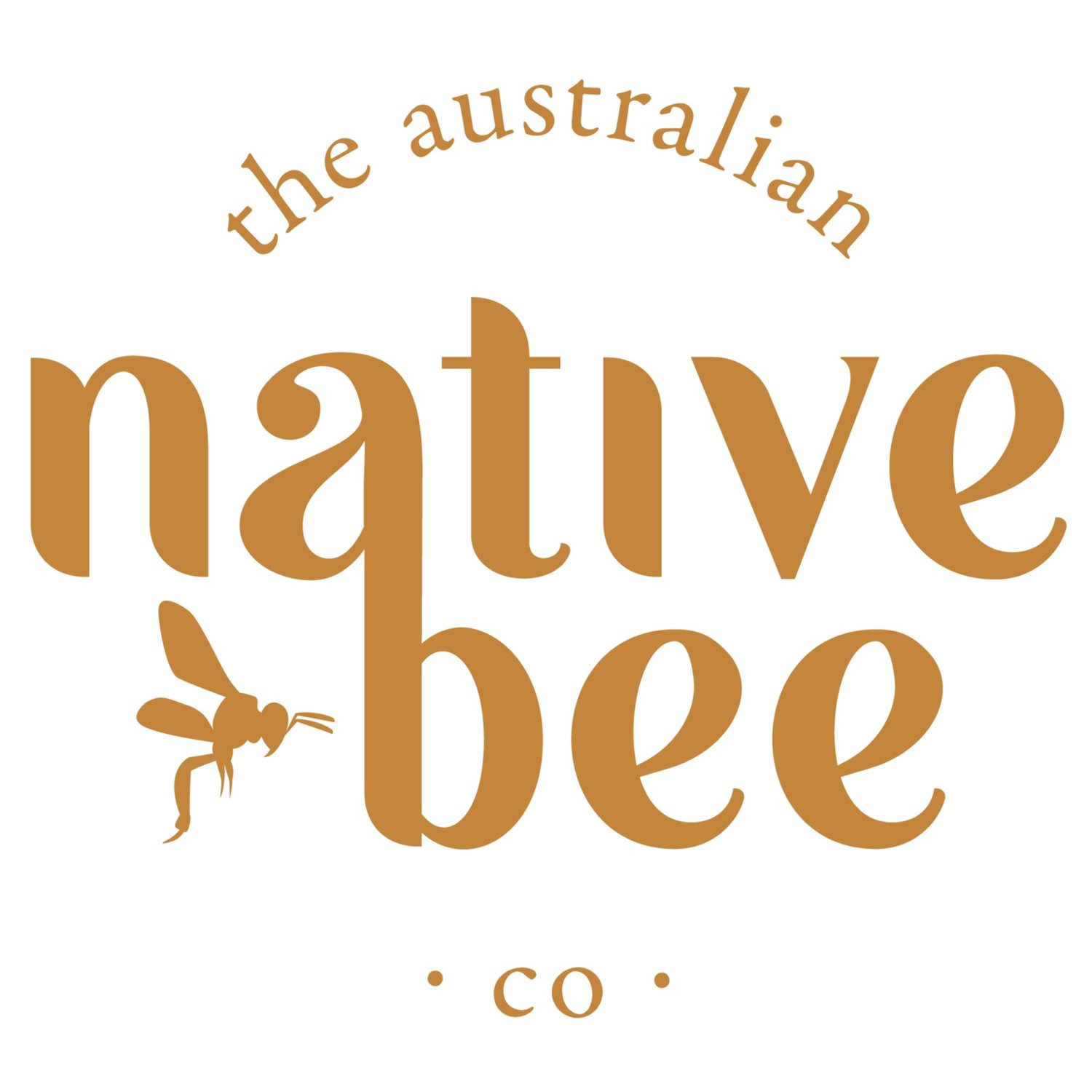Frequently Asked Questions
Pollination
-
Macadamia, blueberry, avocado, blackberry, raspberry, strawberry and lychee are the main crops.
-
In Macadamia’s native bees have been shown to increase yield, nut in shell, and importantly kernel size.
In Blueberries native bees have increased pollination, improved seed set, fruit size and the weight of fruit through cross pollination.
-
Blueberries – Winter fruit should have bees in place at the end of February till June or until pollination is complete.
Summer fruit should have bees in place by August.
Macadamias flower from August till October. So, bees should be in place by late August.
Raspberries and Blackberries can have extended flowering so each farm should have a conversation about the number of hives required and the date of setting up the hives on the farm.
-
The species of native bees used is Tetragonula carbonaria. This species of bee has proven itself as an efficient pollinator.
-
The bees that we use, T.carbonaria, are naturally distributed on the East coast of Australia on the Eastern side of the Great Dividing Range. They can be found as far South as Bega and as far North as the Atherton tablelands.
Products
-
Native bee honey has antimicrobial, antibacterial and anti-fungal properties.
-
The hives are made of recycled plastic and wood composite material. It is durable in the weather, has superior insulation qualities and is light weight.
-
Delivery is arranged so that the hive arrives in as short a time as possible. We usually send the hives by courier.
